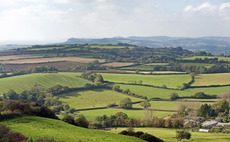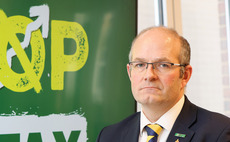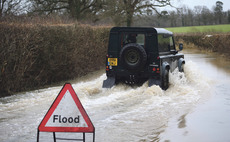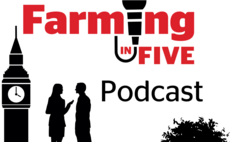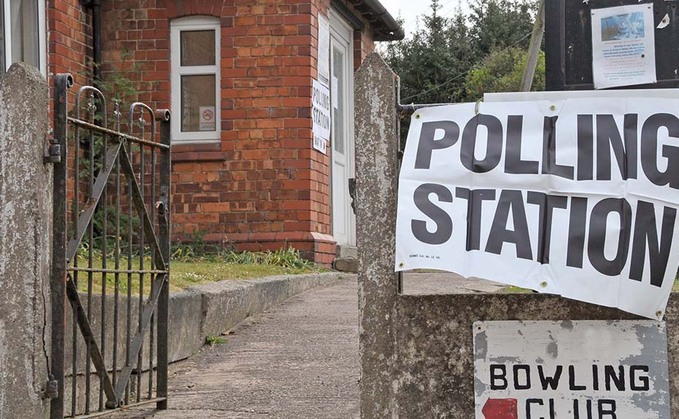
With all the chaos circling Westminster and departments such as Defra, it is no wonder Labour is pummelling the Conservatives in the polls.
While voters are consistently being told by mainstream media that the next General Election is Labours for the taking, the party may have to work harder to win the rural vote.
A bullish Shadow Farming Minister Daniel Zeichner told FG this week that rural communities were made up of more than just farmers, with health service professionals, civil servants and other businesses making up the voting electorate.
That may be why, then, when asked about red flags in Labours manifesto, such as opening up access to the countryside even further by passing a right to roam act, and a commitment to end the badger cull in favour of badger and cattle vaccinations to control bovine TB, Mr Zeichner stood firm.
Riding on a wave of Conservative Party failings is all well and good, but potentially harmful policies, which these could be for the countryside and the communities making their living from it, could cost Labour come election time.
In Scotland, Green Party proposals to bring back lynx after a 500-year absence are once again gathering traction.
Farmers fear that the power the party now has under the alliance with the SNP could mean their concerns over the threat these predators pose to livestock are ignored.
With local and national elections on the horizon, the politicking will undoubtedly intensify, particularly as parties grapple with their own internal issues and the PR headaches which ensue.
For those on the ground whose lives depend on the decisions made by those in charge, there is no other option but to dig in and carry on.
But parties which choose to ignore the sentiments of these powerful rural communities may end up suffering at the ballot box.
Perhaps this is why the Liberal Democrats have set their sights firmly on the countryside vote.
And finally:
A warm welcome to our new In Your Field writer Alan Carter and his family.

















